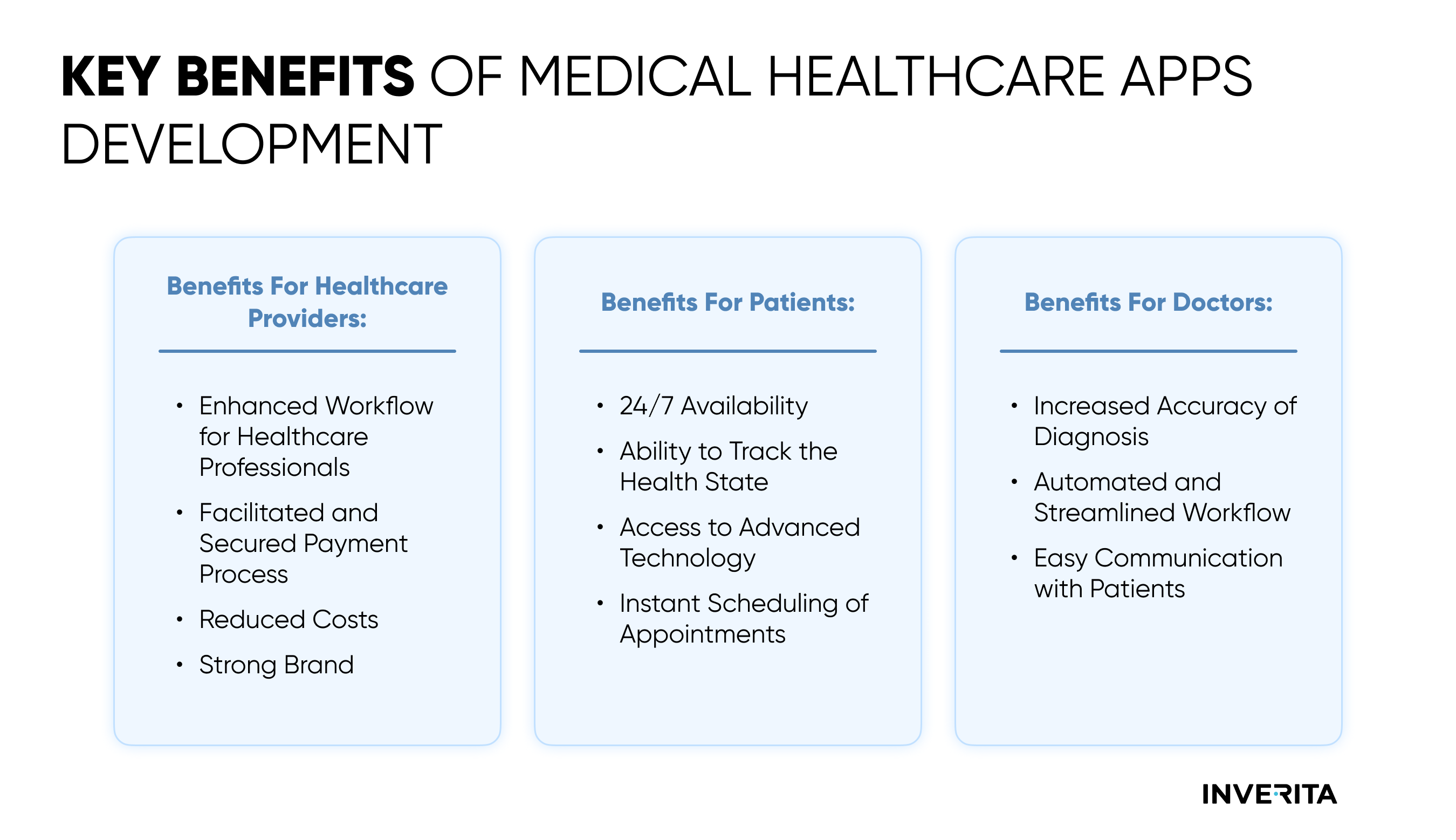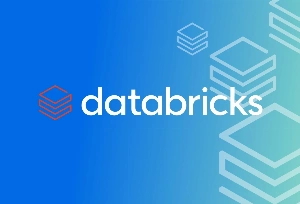Every day, we come across new “best medical apps for patients” that promise to manage our physical and mental health much better than other apps do.
While there are over 350k healthcare applications for patients available on the Apple Store and Google Play, the majority of these applications have less than 10k downloads. Why?
Most of the apps are falling short in effectively engaging patients due to a lack of alignment between their functionality and user experience with the expectations and requirements of consumers.
In today’s blog, we’ll have a look at top medical apps for patients that are really worth users’ time and store space and can serve as inspiration for building your own software.
What is a Medical Healthcare App?
There are two main categories of apps in healthcare - healthcare apps for patients and wellness applications. While the first one aims to diagnose, track, and treat certain health conditions, the second one improves the overall health of a patient by addressing mental, physical, social, and even environmental elements connected to health.
Benefits of Medical Apps
According to Fortune Business Insights, the global mHealth apps market was valued at approximately $33.17 billion in 2023 and is projected to reach $88.70 billion by 2032, exhibiting a compound annual growth rate (CAGR) of 11.7% during the forecast period. McKinsey states that 55% of questioned patients believe that they receive a higher quality of care through telehealth as compared to in-office visits.
Consequently, more and more healthcare organizations are ready to invest in building their own healthcare mobile apps for patients, as they bring advantages for all the parties engaged in the healthcare process.


















